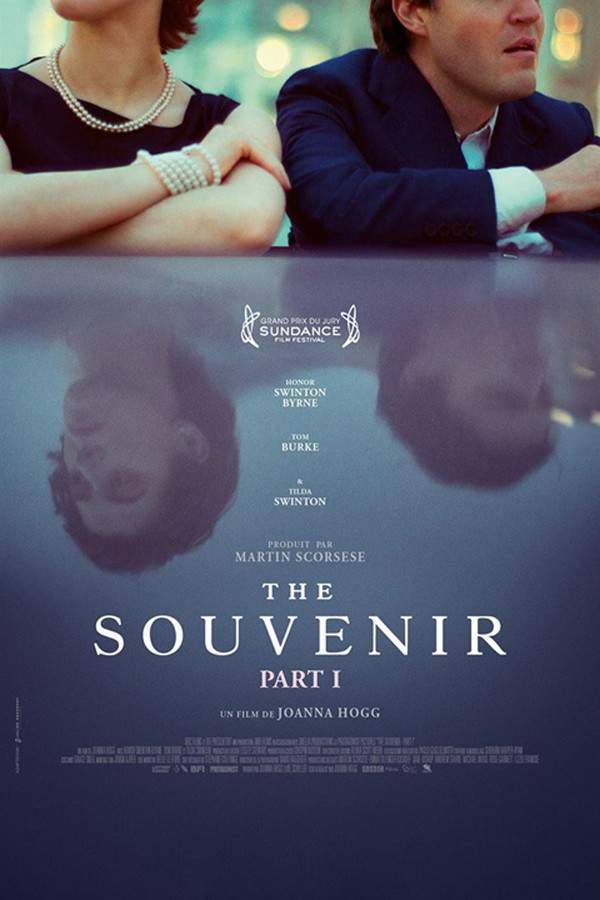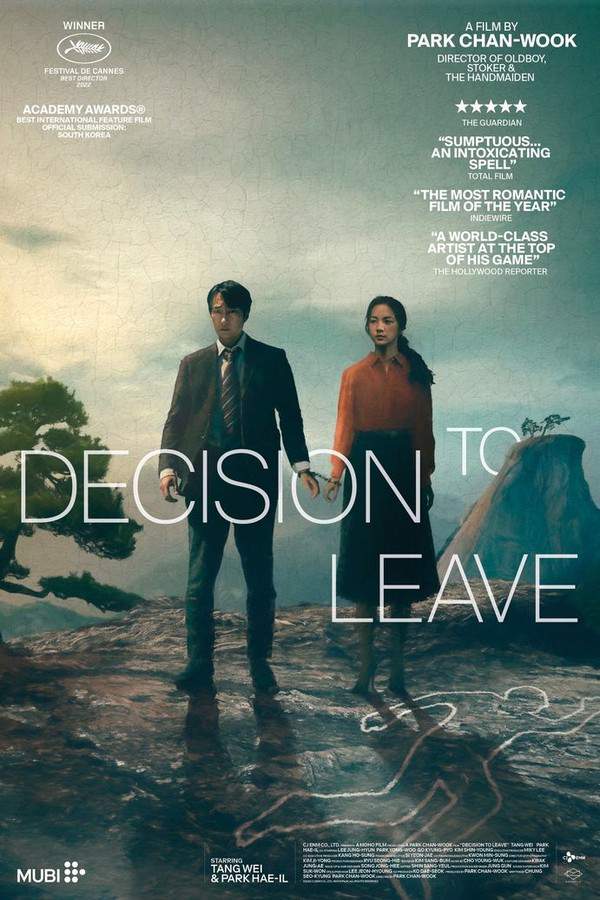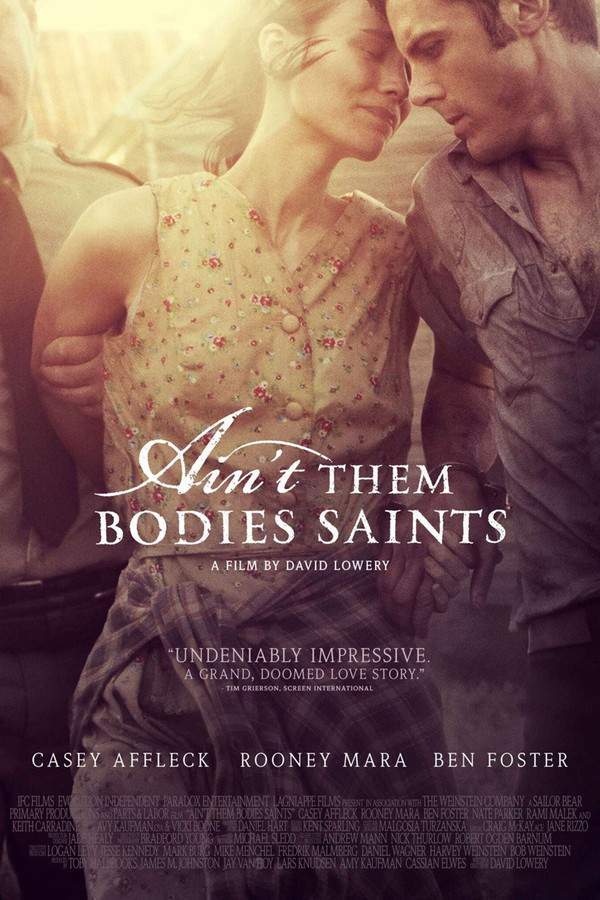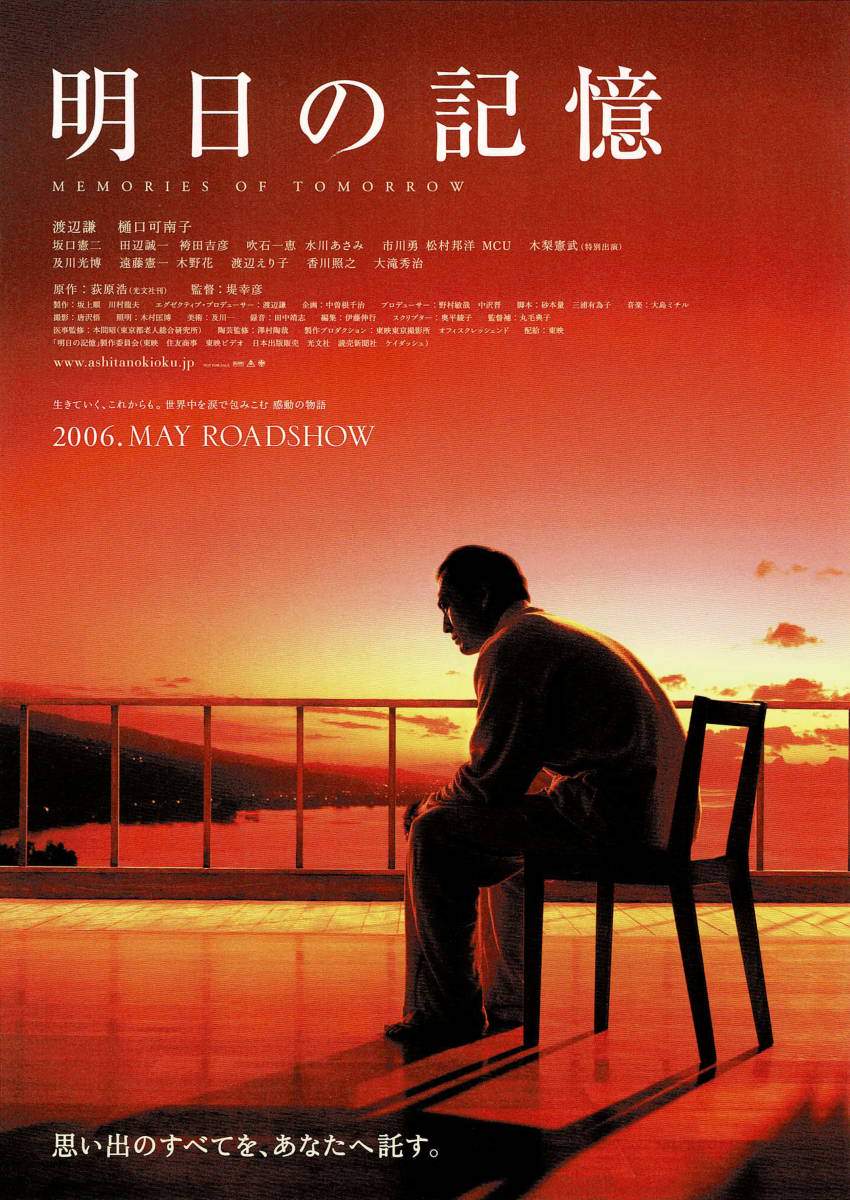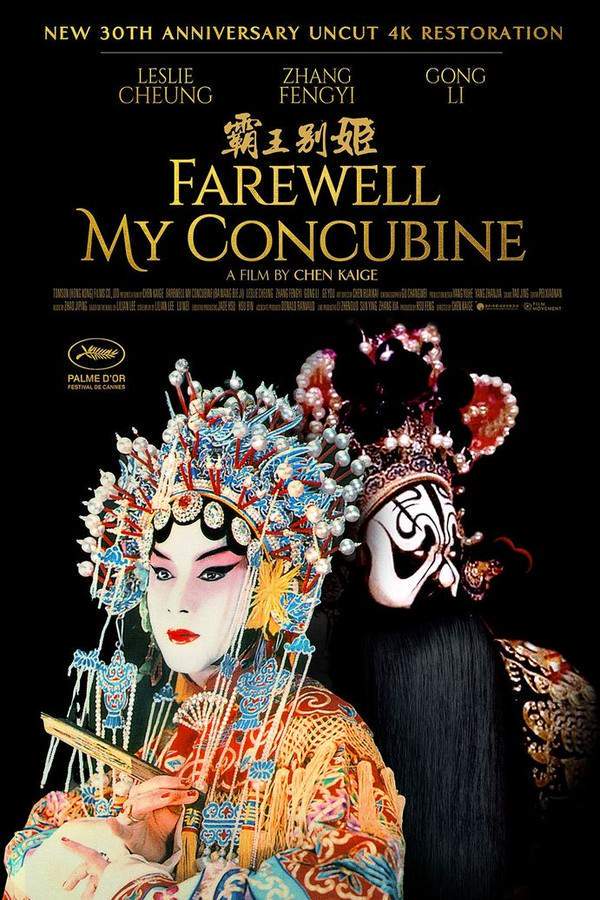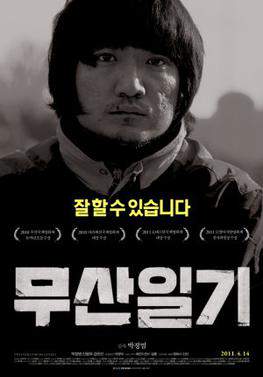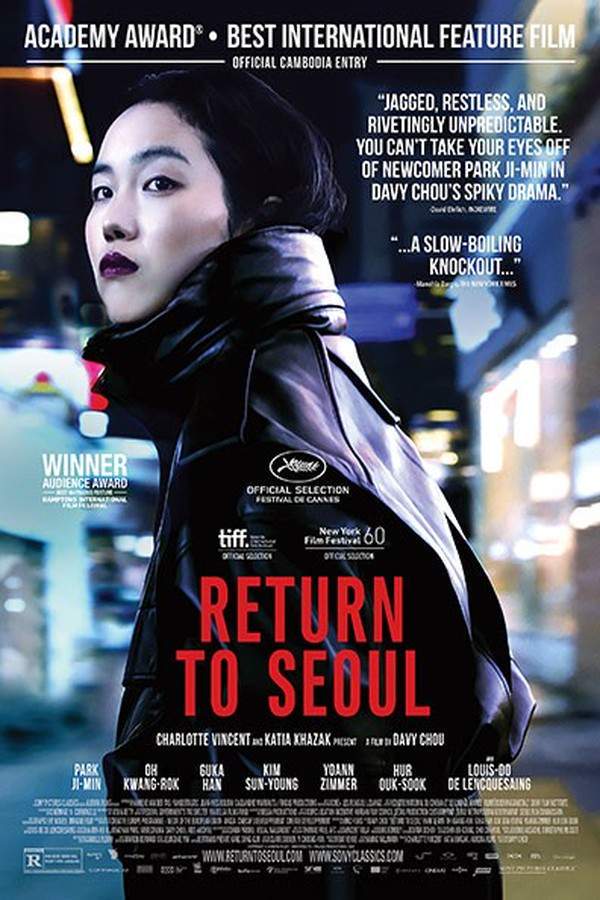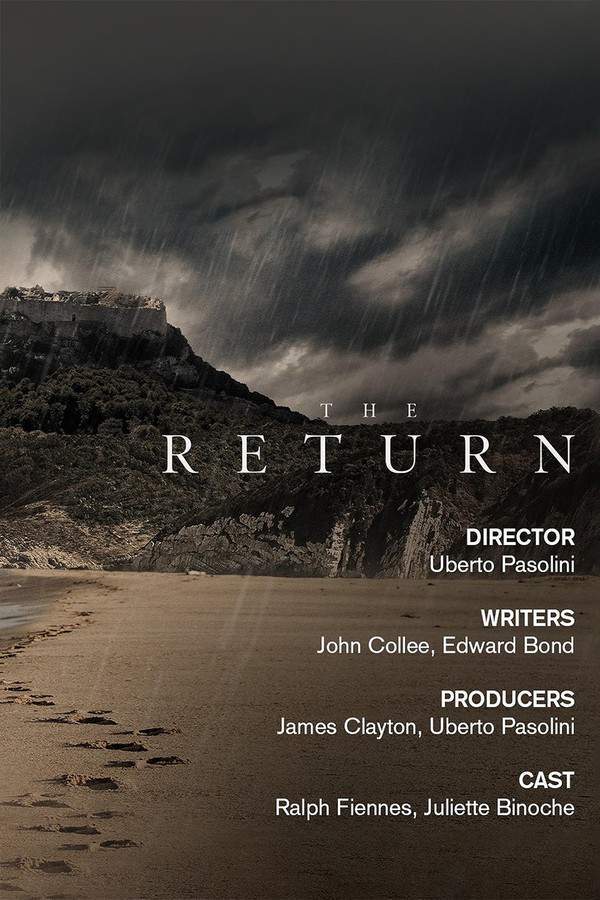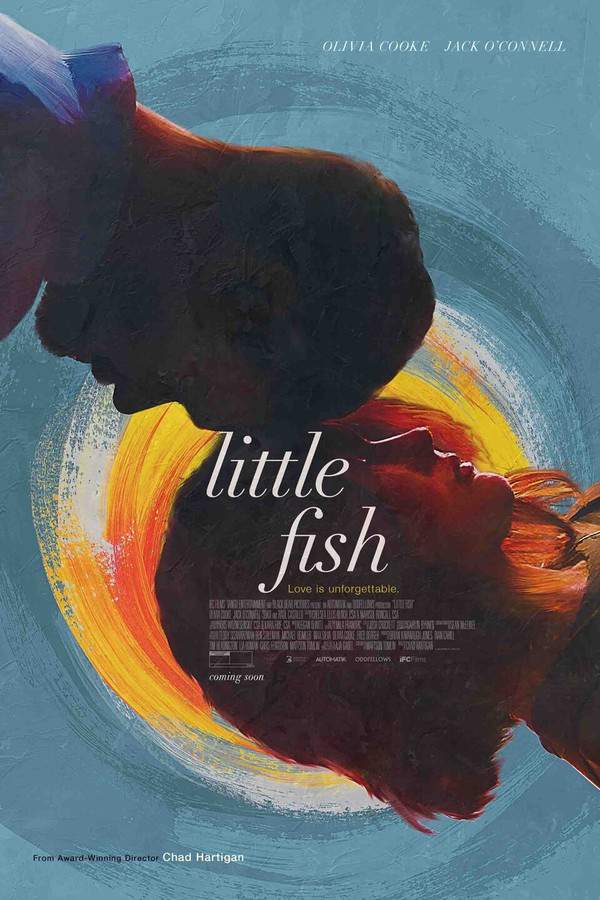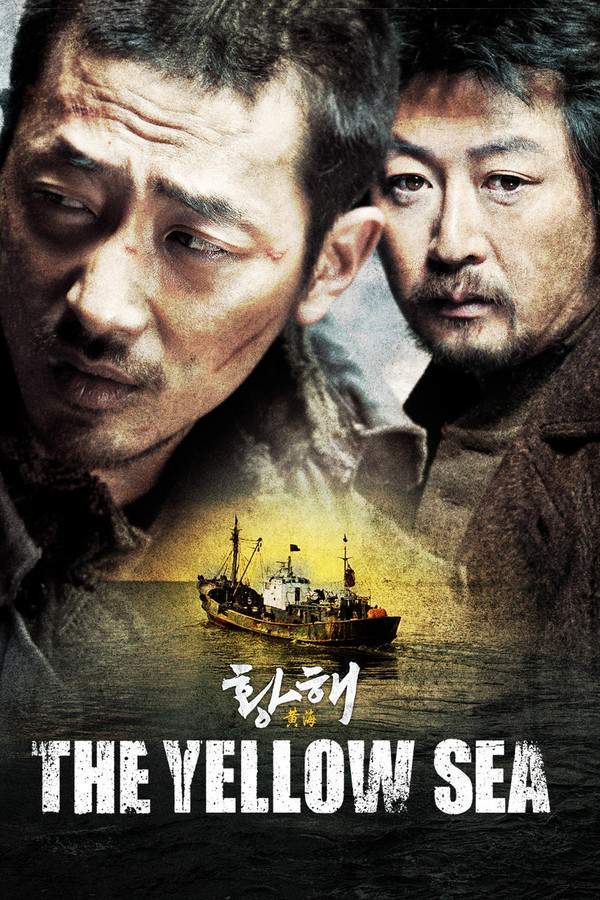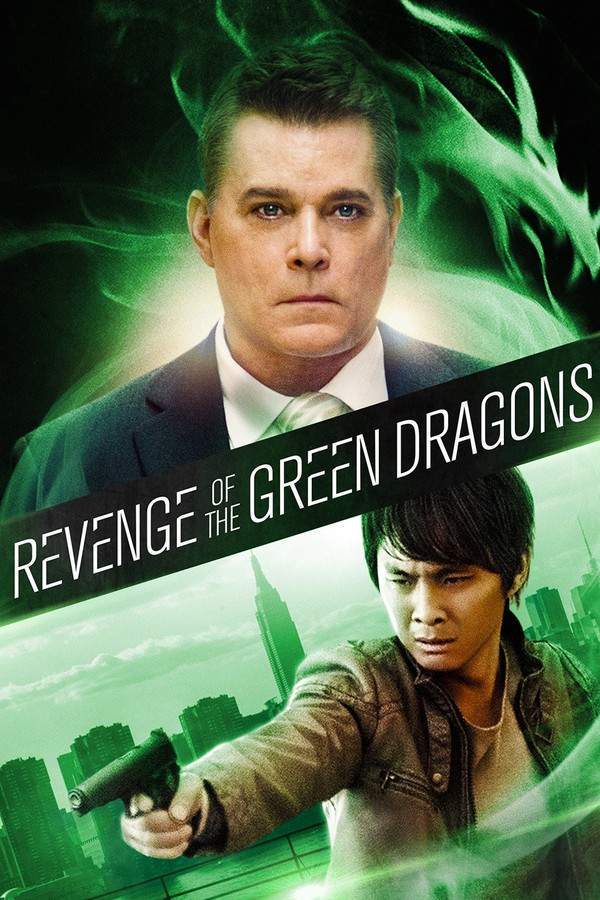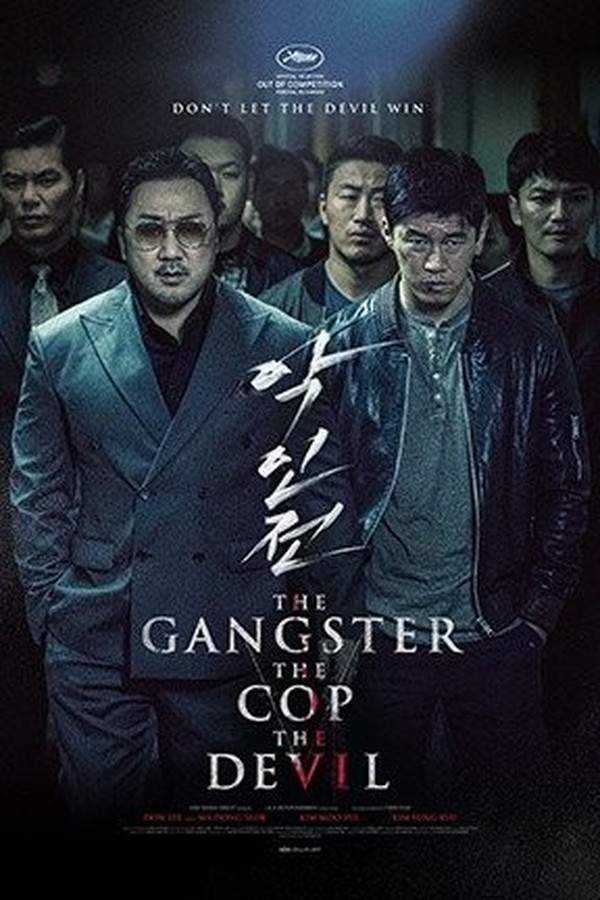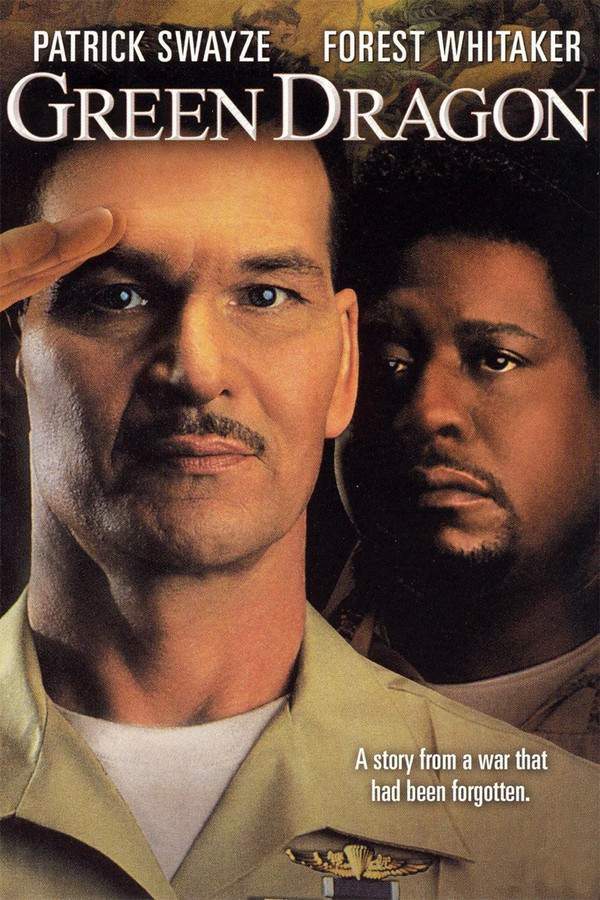
Green Fish
Year: 1997
Runtime: 111 mins
Language: Korean
Director: Lee Chang-dong
Returning home and finding his town drastically changed, a former soldier falls in with gangsters.
Warning: spoilers below!
Haven’t seen Green Fish yet? This summary contains major spoilers. Bookmark the page, watch the movie, and come back for the full breakdown. If you're ready, scroll on and relive the story!
Green Fish (1997) – Full Plot Summary & Ending Explained
Read the complete plot breakdown of Green Fish (1997), including all key story events, major twists, and the ending explained in detail. Discover what really happened—and what it all means.
Having just been discharged from the military, Mak-dong, Han Suk-kyu, is on the train home when fate nudges him toward trouble. As he leans out the window, Mi-ae, Shim Hye-jin, a striking woman in the car ahead, leans out as well and her pink scarf slips free, landing right on Mak-dong’s face and briefly blinding him. When he climbs back into the carriage to return the scarf, he becomes entangled in a scuffle with a gang of thugs harassing Mi-ae. From the outset, Mak-dong finds himself drawn into a situation that will pull him into a web of loyalty, danger, and a future he never asked for.
Back in Ilsan, the landscape of Mak-dong’s home has shifted dramatically. The once-familiar fields, acacias, and rice paddies have given way to gleaming high-rise apartments. The sense of home feels fractured: his mother now works as a house maid, and most of his siblings have left, each chasing their own precarious livelihoods. The eldest among them—the mentally disabled brother sometimes called “big brother”—remains at home, but the rest have moved on. A sister works as a hostess, a younger brother delivers eggs, and an older brother serves as a detective with a volatile temper and a drinking habit. Mak-dong’s dream, as he shares with his older brother, is simple and almost naive: the family would come together again to run a small, shared business and live in harmony. The response from his brother is blunt and grounded in harsh reality—how could they possibly survive together with so many mouths to feed?
In a fresh search for work in the alienated Seoul neighborhood of Youngdeungpo, Mak-dong spots Mi-ae once more and follows her to a nightclub where she performs as a singer. She is the girlfriend of Bae Tae-gon, a gang boss who runs a precarious empire. When Mak-dong tries to shield Mi-ae from men who drag her into a car, he is beaten badly. At Mi-ae’s urging, the boss offers him a reference that opens a doorway to a job at a parking lot, presenting a new path that could bring money and a sense of belonging.
An opportunity to earn large sums comes when Mak-dong is asked to stage a convincing fight with a councilman who stands in the way of Bae Tae-gon’s building permit. To sell the act, Mak-dong purposefully injures his fingers by slamming them in a door, a painful act that marks his commitment. Impressed by his grit, Bae Tae-gon elevates him, allowing him to address the boss as hyung, or “Big Brother,” and admitting him as a full-fledged member of the gang. This rapid promotion unsettles some of the underlings, who feel that such loyalty should take time to prove itself.
Now part of the family, Mak-dong finds an unexpected kinship with Mi-ae. Their bond grows amid shared hopelessness, even as it remains ambiguous in its future. In a pivotal train-side exchange, Mak-dong offers Mi-ae a photo of the large green tree in front of his Ilsan home, a symbol of the life he left behind. Mi-ae is struck by Mak-dong’s naive purity, and when her beeper signals a summons from Bae Tae-gon to return home, she tells Mak-dong she will do whatever her big brother commands. He answers with quiet, old-fashioned loyalty, and she laughs at the simplicity of his attachment to a traditional sense of duty.
The gang’s orders shift, as Kim Yang-kil, the former boss who built the empire, returns from years behind bars to reclaim a stake in it all. In a series of humiliations directed at Bae Tae-gon, Yang-kil’s presence threatens the balance of power within the gang. Bae Tae-gon eventually brings Mak-dong to a deserted building to discuss dreams and the kind of empire each man longs to secure. Mak-dong speaks of his own dream with a rare sincerity, and in a violent outburst of loyalty and fear, Mak-dong stabs Kim Yang-kil to death in a stark, blood-soaked bathroom confrontation. The act unleashes a raw, hysterical release in Mak-dong, a moment that marks the irreversible turn of his fate.
Immediately afterward, Mak-dong makes a crucial phone call home—the iconic “phone booth” moment that anchors the memory of his choices. He asks his mentally disabled big brother if they remember how they used to fish and how he once lost a day of fishing for a green fish, a memory that intensifies the sense of loss and longing in the room. The weight of his decision lingers as Bae Tae-gon leads him to the same deserted building, and, true to his ruthless method, fatally shoots Mak-dong, who slides across the windshield of Bae Tae-gon’s car and looks straight at the camera as Mi-ae’s scream pierces the moment of death.
In the aftermath, Bae Tae-gon and Mi-ae relocate to Ilsan New Town, a sign of the suburb’s evolving middle-class image. Their wandering life takes a poignant turn when they stumble upon an old-style restaurant housed in a traditional building. Mi-ae appears to be pregnant, and as they order chicken soup, the scene conjures a ritualistic memory of sacrifice: a chicken is slaughtered in front of them, a stark echo of Mak-dong’s own willingness to give up his future for the dream he held dear. Outside, Mi-ae finally recognizes the old tree in the photograph she has kept and understands, with tears, that it is Mak-dong’s family home, the symbol of a life that once existed and a family that might never fully return.
In the end, the film threads together the ache of loyalty, the fragility of dreams, and the costs of striving for a life that many families can only imagine. The story lingers on the pull of kinship and the way one man’s choices—driven by hope, stubbornness, and a hard-edged sense of duty—reshape the world around him, leaving behind memories that keep returning in the quiet moments of a changing suburb.
Last Updated: October 09, 2025 at 09:27
Explore Movie Threads
Discover curated groups of movies connected by mood, themes, and story style. Browse collections built around emotion, atmosphere, and narrative focus to easily find films that match what you feel like watching right now.
Fatalistic crime stories with moral collapse like in Green Fish
Stories where a naive individual is tragically consumed by a violent criminal world.If you liked the tragic downfall in Green Fish, explore more movies like it. This thread collects gritty crime dramas where naive characters are pulled into a violent underworld, leading to an inevitable and melancholic end. These films share a heavy emotional weight and a sense of fatalism.
Narrative Summary
The narrative typically follows a relatively innocent or hopeful character who, seeking a better life or belonging, becomes entangled with organized crime. Their initial optimism is systematically crushed by the brutal realities of the underworld, leading to betrayal, loss, and a tragic, often fatal, conclusion that underscores the inescapable nature of their fate.
Why These Movies?
Movies are grouped here for their shared exploration of a specific tragic arc: the fatalistic spiral into crime. They connect through a melancholic tone, heavy emotional weight, high intensity violence, and a sad or bleak ending that leaves a powerful, somber impression.
Movies about melancholic homecomings like Green Fish
Poignant stories of returning to a changed home and the painful dissolution of past dreams.For viewers who appreciated the theme of a lost home in Green Fish, this thread finds similar movies about soldiers or prodigals returning to a changed world. These dramas explore nostalgia, disillusionment, and the heavy emotional impact of finding that you can't go home again.
Narrative Summary
The narrative pattern involves a character returning from a period of absence (e.g., military service, imprisonment, travel) to a place they once knew. They discover that time and change have eroded their personal history, and their attempts to reclaim or rebuild their former life are met with failure, corruption, or betrayal, emphasizing the impossibility of recapturing the past.
Why These Movies?
These films are united by the powerful emotional theme of a disrupted homecoming. They share a melancholic and nostalgic mood, a steady pacing that allows for reflection, and a heavy emotional weight derived from the central conflict between idealized memory and grim reality.
Unlock the Full Story of Green Fish
Don't stop at just watching — explore Green Fish in full detail. From the complete plot summary and scene-by-scene timeline to character breakdowns, thematic analysis, and a deep dive into the ending — every page helps you truly understand what Green Fish is all about. Plus, discover what's next after the movie.
Green Fish Timeline
Track the full timeline of Green Fish with every major event arranged chronologically. Perfect for decoding non-linear storytelling, flashbacks, or parallel narratives with a clear scene-by-scene breakdown.

Characters, Settings & Themes in Green Fish
Discover the characters, locations, and core themes that shape Green Fish. Get insights into symbolic elements, setting significance, and deeper narrative meaning — ideal for thematic analysis and movie breakdowns.

Green Fish Spoiler-Free Summary
Get a quick, spoiler-free overview of Green Fish that covers the main plot points and key details without revealing any major twists or spoilers. Perfect for those who want to know what to expect before diving in.

More About Green Fish
Visit What's After the Movie to explore more about Green Fish: box office results, cast and crew info, production details, post-credit scenes, and external links — all in one place for movie fans and researchers.

Similar Movies to Green Fish
Discover movies like Green Fish that share similar genres, themes, and storytelling elements. Whether you’re drawn to the atmosphere, character arcs, or plot structure, these curated recommendations will help you explore more films you’ll love.
Explore More About Movie Green Fish
Green Fish (1997) Scene-by-Scene Movie Timeline
Green Fish (1997) Movie Characters, Themes & Settings
Green Fish (1997) Spoiler-Free Summary & Key Flow
Movies Like Green Fish – Similar Titles You’ll Enjoy
Little Fish (2006) Spoiler-Packed Plot Recap
The Yellow Sea (2011) Movie Recap & Themes
Revenge of the Green Dragons (2014) Movie Recap & Themes
The Gangster, the Cop, the Devil (2019) Movie Recap & Themes
Green Dragon (2001) Full Movie Breakdown
Green House (2018) Film Overview & Timeline
A Dirty Carnival (2006) Plot Summary & Ending Explained
The Green Sea (2021) Full Movie Breakdown
Song of the Fishermen (1934) Full Summary & Key Details
Green Eyes (1977) Full Movie Breakdown
Good Deal (2021) Detailed Story Recap
Tidal Wave (2009) Full Summary & Key Details
Gone with the Fish (1999) Movie Recap & Themes
Hot Blooded (2022) Detailed Story Recap
The Green Deal (2024) Plot Summary & Ending Explained

